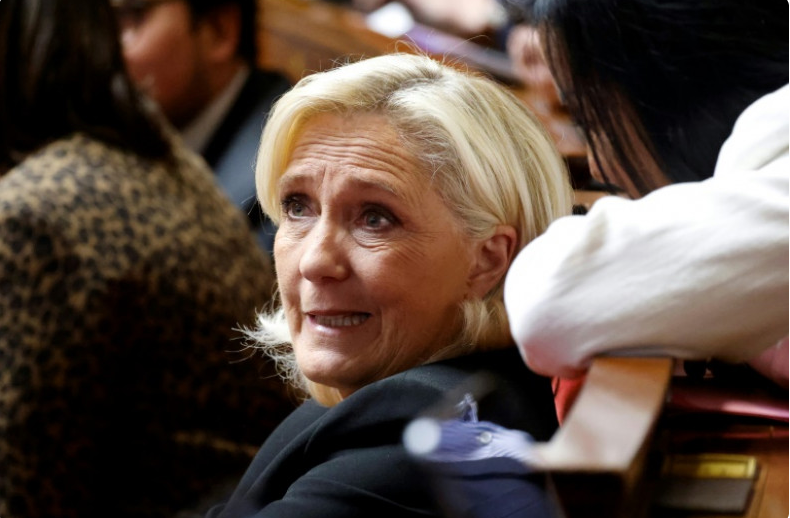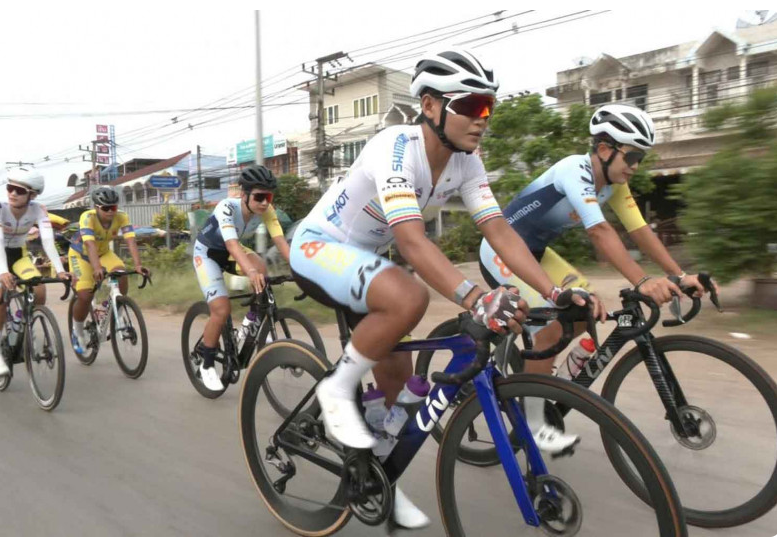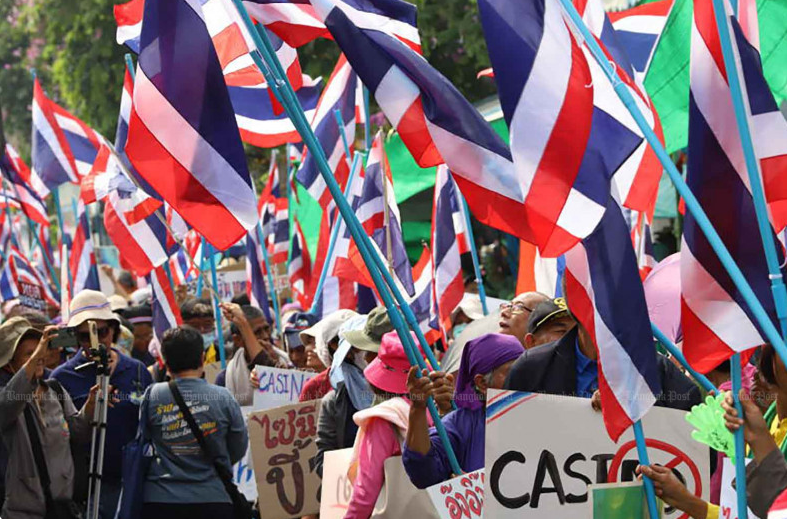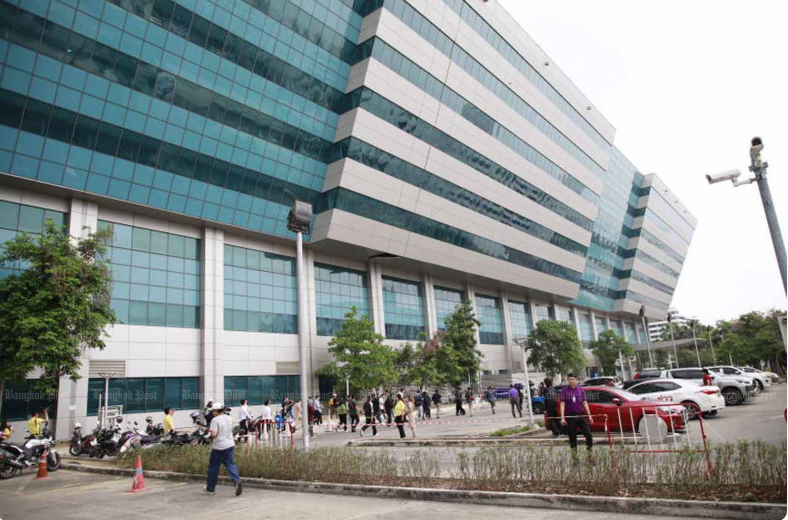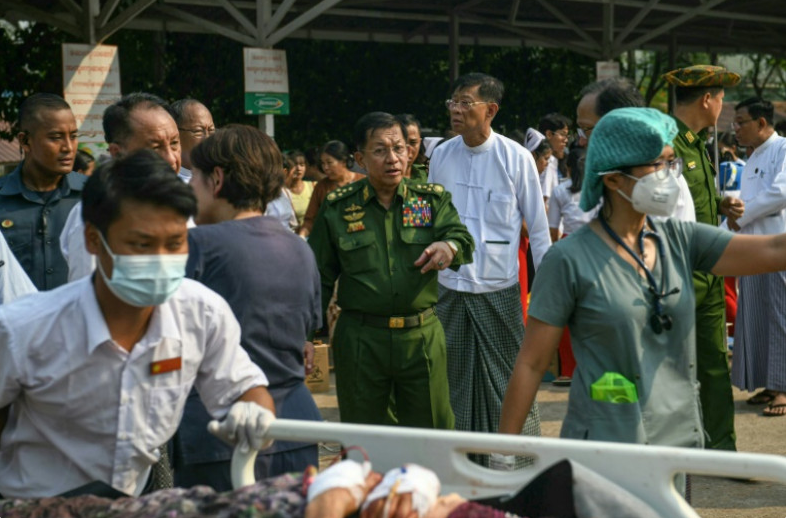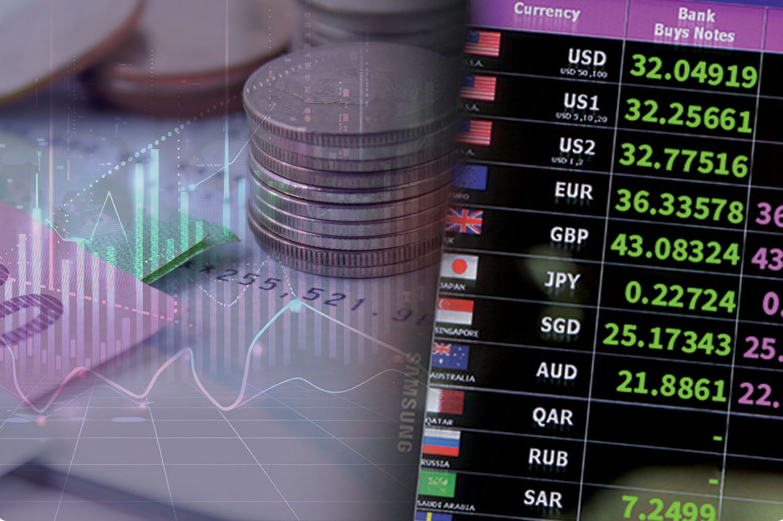Portfolio adjustment advised for investors
Investment Strategy: The Tisco Economic Strategy Unit (ESU) recommends “Portfolio Adjustment” for investors to mitigate risks from US protectionist policies by focusing on US finance and energy stocks to capitalise on Opportunity of profits.
The think tank also recommended diversifying more into global fixed-income assets to better manage market volatility.
“The US economy is expected to slow, but should not enter a recession,” said Komsorn Prakobphol, head of economic strategy at Tisco ESU.
The unit also cut Thailand’s 2025 GDP growth forecast to 2.8% from 3%, with a further potential reduction to 2.1% in the event that trade tensions remain elevated and tourism slow to recover.
Global stock markets have witnessed sharp sell-offs, with US major indices down approximately 10%. The technology sector, which was once a key driver of gains in the market, has become “a drag on performance,” he added.
“The most significant stream of pressure on the market stems from fears of a crumbling US economy and uncertainty about Washington’s approach on trade.” Investors will be watching out for the U.S announcement of new tariffs on April 2,” Mr Komsorn said.
Tisco ESU suggests investing in industries that benefit from US corporate tax cut and focusing on companies that depend on domestic demand in the US as a buffer to the impacts of the trade war.
The key sectors in this regard are US finance stocks (to be boosted by rising interest rate spreads and deregulation policies) and US energy stocks. However, the think tank added that while oil prices are under short-term pressure from economic concerns, the sector outlook is positioned for recovery.
“If trade tensions escalate and the US ends up imposing a 10% tariff on global trade partners, US corporate earnings could fall about 4-5%. But corporate tax cuts could offset the bulk of the negative effect,” he added.
Thanathat Srisawast, strategist at ENVFIRE Capital, sees the changing trade situation under US President Donald Trump being the cause of greater economic uncertainty, as shown by the Global Economic Policy Uncertainty Index hitting levels over those prevailing during the 2020 Covid lockdown phase.
In Europe, Tisco ESU has anticipated recovery would mainly be driven by the German deficit programme to stimulate the economy and strengthen national defence. But the timeline for recovery is uncertain, with possible risks through US trade policy.
Methas Rattanasorn a economist said that if Thailand economy grows 2.8% continuously, it will assume that the MPC will keep the policy interest rate at 2% for the rest of this year.
Should further pressure come from trade wars and tourism normalisation, as more tourists arrive after the restrictions around COVID-19 are lifted, the MPC may cut the rate 1-2 more times this year, lowering the policy rate to 1.50 – 1.75%, he added.
They said a main downside risk to the Thai economy is US tariff retaliation which is estimated to have an effect of 0.35-0.5 percentage point on GDP. A decline in tourism, especially if Chinese travelers choose to visit other parts of China, would likely cut Thai GDP by 0.2 percentage points, he said.
“If these risks do materialise, Thailand’s economic growth may slow to 2.1% in 2025, below the 2.5% in 2024,” Mr Methas said.
The most important factor to monitor remains the US tariff announcement on April 2 that could have severe consequences for Thailand’s economic outlook and the global financial market, he said.

